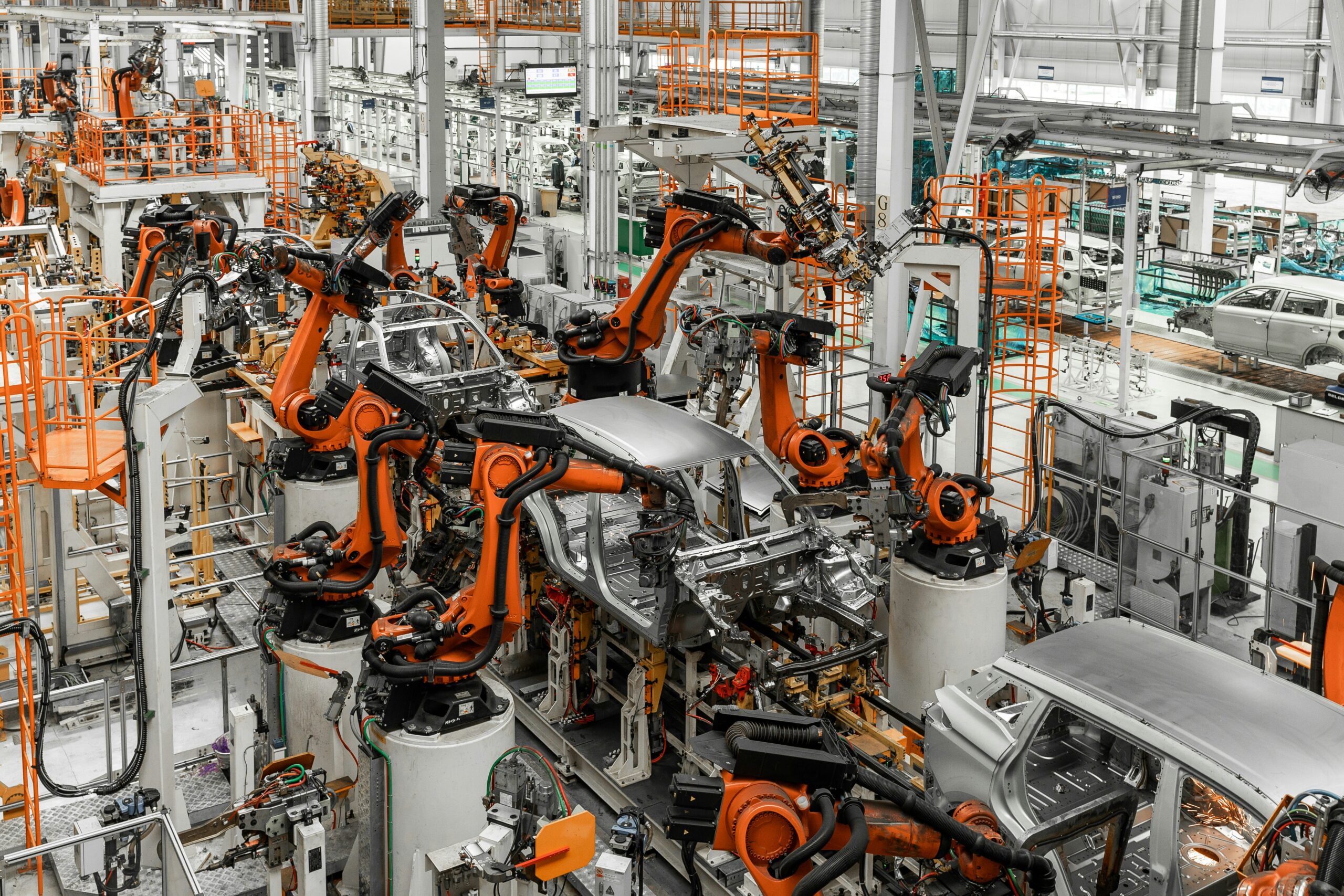
Industrial engineering has always been at the heart of optimizing processes, improving efficiencies, and driving innovation across various industries. As we stand at the cusp of a new technological era, the future of industrial engineering promises to be as dynamic and transformative as its past. With advancements in automation, artificial intelligence (AI), and sustainable practices, the landscape of industrial engineering is rapidly changing. This article explores the emerging trends, technologies, and challenges that will shape the future of this crucial field.
Adoption of Artificial Intelligence and Machine Learning
One of the most significant changes industrial engineers can expect in the coming years is the widespread use of artificial intelligence (AI) and machine learning (ML). These technologies are revolutionizing everything from predictive maintenance to quality control. AI algorithms can analyze vast amounts of data collected from machines, systems, and processes, enabling engineers to predict potential failures before they happen. This shift towards proactive maintenance could significantly reduce downtime and improve the efficiency of manufacturing processes.
Machine learning also plays a crucial role in optimization. Algorithms can be trained to identify patterns and suggest improvements in production systems, supply chains, and inventory management. As industries continue to collect more data, machine learning will become an indispensable tool for engineers seeking to fine-tune operations.
Sustainability and Green Manufacturing Practices
As concerns about climate change intensify, the future of industrial engineering is increasingly tied to sustainability. Engineers are being called upon to design systems and processes that minimize waste, reduce energy consumption, and lower carbon footprints. Green manufacturing practices will be essential for industries aiming to comply with stringent environmental regulations while maintaining profitability.
In this regard, industrial engineers will focus on the development of energy-efficient processes, the implementation of renewable energy sources in manufacturing plants, and the use of sustainable materials. Additionally, waste reduction technologies such as recycling and upcycling will become integral to the industry’s strategy for a more sustainable future.
Automation and Robotics in Production
Automation has already made significant strides in manufacturing, but the future will see even more integration of robotics and automated systems. From collaborative robots (cobots) to fully autonomous production lines, industrial engineers will be at the forefront of implementing technologies that increase efficiency and reduce human error.
The rise of Industry 4.0—characterized by smart factories, interconnected systems, and advanced automation—will further revolutionize industrial engineering. Engineers will be responsible for designing systems that integrate AI, robotics, the Internet of Things (IoT), and data analytics to create more responsive and flexible manufacturing environments. These developments promise to enhance productivity, reduce costs, and improve safety in the workplace.
Smart Factories and the Internet of Things (IoT)
Smart factories represent the next phase in the evolution of industrial engineering. These factories use IoT devices to collect and exchange data, allowing for real-time monitoring and control of production processes. The integration of sensors, machines, and systems enables engineers to optimize workflows, improve quality control, and streamline supply chain management.
The data collected from IoT devices also provides engineers with the insights needed to make informed decisions quickly. This is particularly beneficial in environments where conditions change rapidly, such as in the automotive or electronics manufacturing sectors. As IoT technology continues to advance, the role of industrial engineers will expand to include data-driven decision-making and system design.
Human-Centered Design and Ergonomics
As automation and AI continue to take over repetitive tasks, the role of humans in industrial environments will shift. Industrial engineers will focus more on designing workspaces and processes that prioritize the well-being of workers. Ergonomics and human-centered design will become key elements in creating safer, more efficient, and comfortable work environments.
Engineers will need to ensure that new technologies, like robotic systems, work seamlessly with human operators. The focus will be on enhancing collaboration between machines and people, ensuring that automation supports workers rather than replacing them entirely. This integration of human-centered design will be crucial for fostering a positive work culture and improving productivity.
Challenges and Opportunities in Global Supply Chains
The global nature of manufacturing means that industrial engineers must be able to design systems that can navigate complex supply chains. The COVID-19 pandemic highlighted vulnerabilities in these global networks, and engineers are now tasked with developing more resilient systems. Future industrial engineers will need to create flexible supply chain models that can quickly adapt to disruptions, whether from natural disasters, geopolitical tensions, or pandemics.
Additionally, as industries globalize further, industrial engineers will be responsible for managing diverse workforces and resources across multiple regions. This will require a deep understanding of international logistics, regulatory requirements, and cultural differences to ensure smooth operations.
The Role of Industrial Engineers in Shaping the Future
As industrial engineering continues to evolve, the role of industrial engineers will expand beyond traditional boundaries. These professionals will need to adapt to new technologies, tackle global challenges, and contribute to the creation of sustainable, smart, and human-centered industrial systems.
The future of industrial engineering is bright, offering exciting opportunities for engineers to lead innovation in a variety of industries. With advancements in AI, robotics, sustainability, and smart technologies, industrial engineers will continue to play a pivotal role in shaping the future of manufacturing and beyond. By embracing these changes and pushing the boundaries of what’s possible, industrial engineers will help create more efficient, sustainable, and resilient industries for generations to come.